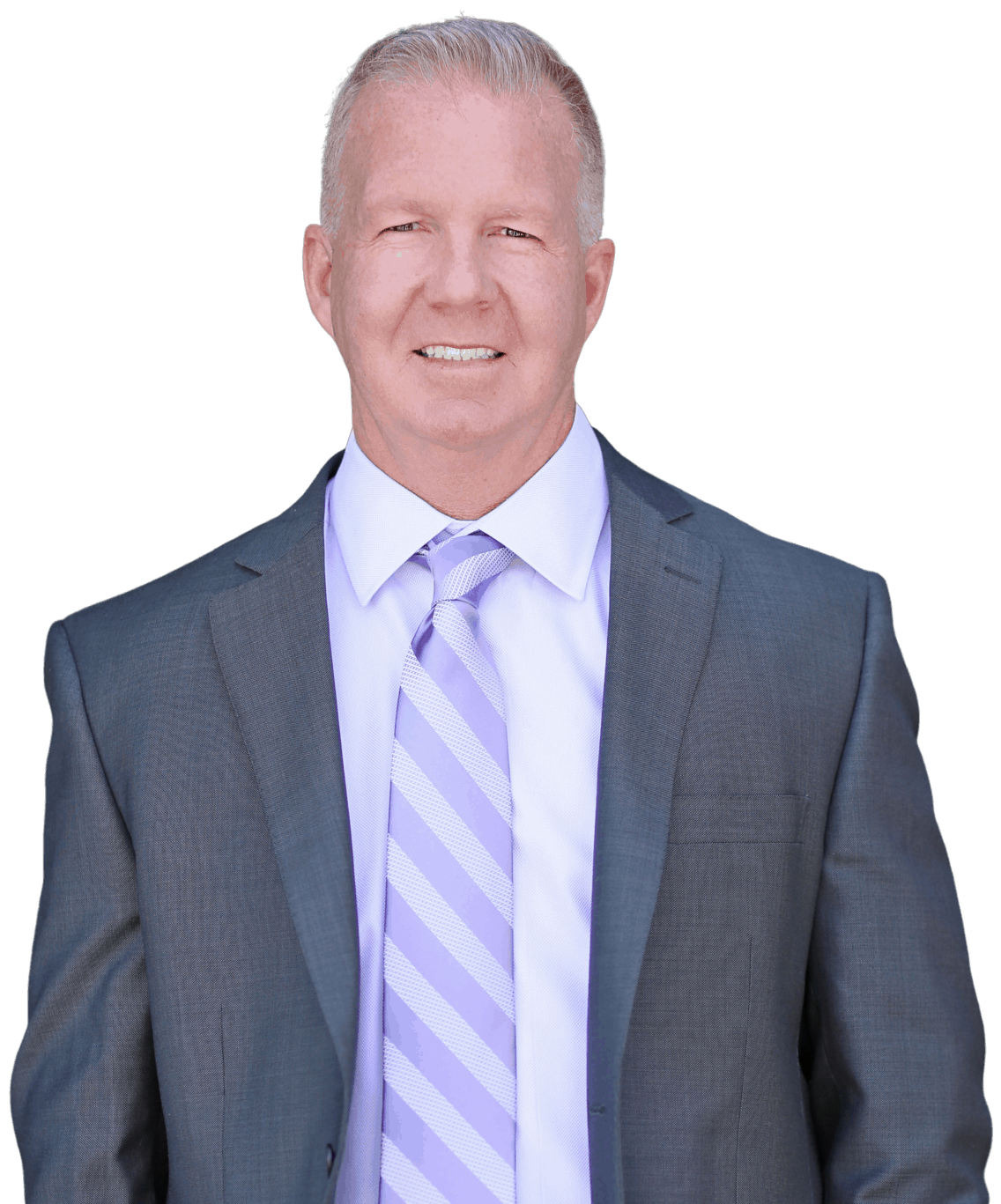
If you were injured in California as a result of a car accident, you know what it's like to have your whole life turned upside down. You are in pain. You are likely unable to work or even perform normal, everyday activities. You wonder if your life is ever going to get back to normal. If that wasn't enough stress, you're watching the medical bills for the treatment of your injuries build up.
In regards to those bills, some form of insurance will usually cover a portion of their cost. This payment, or payments, can come from two sources:
The question then becomes, once your medical bills have been paid by either your auto insurer, your health insurer, or both, do you have to pay the insurance company back once your case settles, or a judgment has been entered in your favor after trial? The short and simple answer is yes.
You see, once you were injured due to someone else’s negligence, your insurer had a contractual obligation to pay for a portion of the cost for the medical treatment of those injuries. This obligation would not have happened but for actions of the negligent party. In some sense, the insurer can also be said to have been injured by the negligence that injured you. Therefore, if you recover money from the negligent party as compensation for your injuries, your insurer has a right to be compensated out of that settlement or judgment for their “injuries” as well. If this weren’t the case, you would end up unfairly being compensated twice for your injuries - once from the insurer and once again from the party who caused your injuries.
That being said, how much you have to pay back to your insurer, or even if you have to pay back your insurer at all, depends on several factors, including what type of insurance you have, the language of your policy and how much money you ultimately recover through settlement or judgment. A word of warning - this is a complicated area of the law. An experienced personal injury attorney will be able to determine whether or not you have to pay back your insurer, Furthermore, if you do have to repay your insurer out of your settlement or judgment, you attorney may be able to negotiate with the insurer to reduce the amount of that repayment. In order to understand how this repayment process works, we have to take a look at three things - the concept of subrogation, the common fund doctrine, the made whole doctrine.
Subrogation is nothing more than a fancy word for repayment. In general, if an insurance company pays out money on an insured's behalf, it then has the right to seek reimbursement from either the insured or from the insurance company for the negligent party.
For example, let's say you were injured in a car accident and have medical bills totaling $100,000 which your insurer pays. You hire an attorney, and they settle your case for $500,000. Under the concept of subrogation, your insurer can now demand that you repay them the $100,000. However, in practice, things are not that straightforward when the common fund doctrine and the made whole doctrine are taken into account.
In personal injury law, an attorney's payment for their work on behalf of a client is contingent on whether or not they succeed in obtaining a settlement or judgement. The common fund doctrine gives a court the authority to award an attorney their fees and costs once a successful result has been obtained. An attorney works to obtain a settlement or judgement for their client. This means that an insurer who paid for that client's medical treatment, but did no work to obtain the settlement or judgement, has to offset the amount they are reimbursed by the percentage of the attorney's fees.
For example, let's say an attorney charges a client 30% of any eventual settlement or judgment as a contingent fee. Once a settlement or judgment is obtained, an insurer must reduce their reimbursement amount by a comparable 30%. In other words, the insurer must pay for the attorney's work which ultimately benefitted them, just like the client. Using our previous example, if the insurer were owed $100,000 in reimbursement out of the settlement, they would now only be entitled to $70,000 due to the application of the common fund doctrine.
In California, one of the main principles that govern whether or not an insurer has a right to repayment is the Made Whole Doctrine. The Made Whole Doctrine states that an insurer is only entitled to compensation after the insured has fully recovered, or been made whole, for their injuries. If the insured is not made whole through settlement or judgment, then the insurer is only entitled to a share of the compensation proportionate to the insured's shortfall.
Going back to our example, if an injured party has $100,000 in damages, but only can recover $50,000 from the negligent party, the insurer who paid for the medical treatment is only entitled to 50% reimbursement of their costs.
As you can see, paying back an insurer after a California accident is a complicated matter. You need an experienced personal injury attorney working to protect your interests so that you can avoid overpaying an insurer once your case has settled. The attorneys at The Sevey Law Firm welcome you to contact us for a free consultation. We can assess your situation and give you our professional opinion regarding the strength of your case. You can reach us by phone at (916) 788-7100 or through our website contact page.